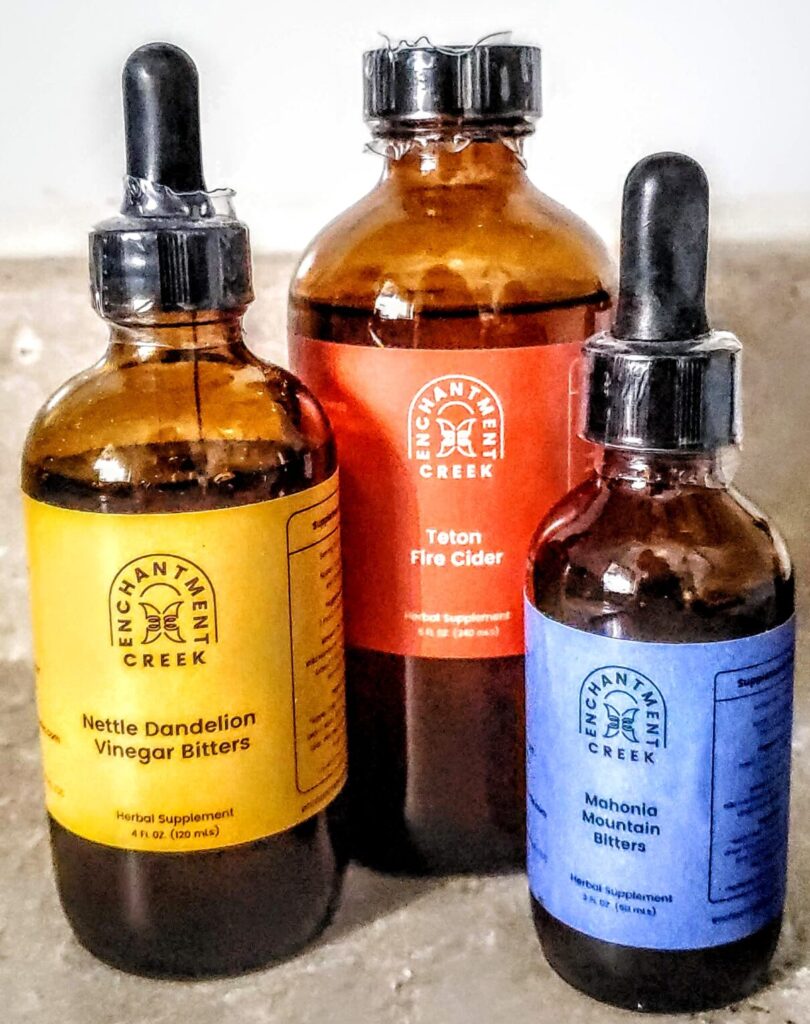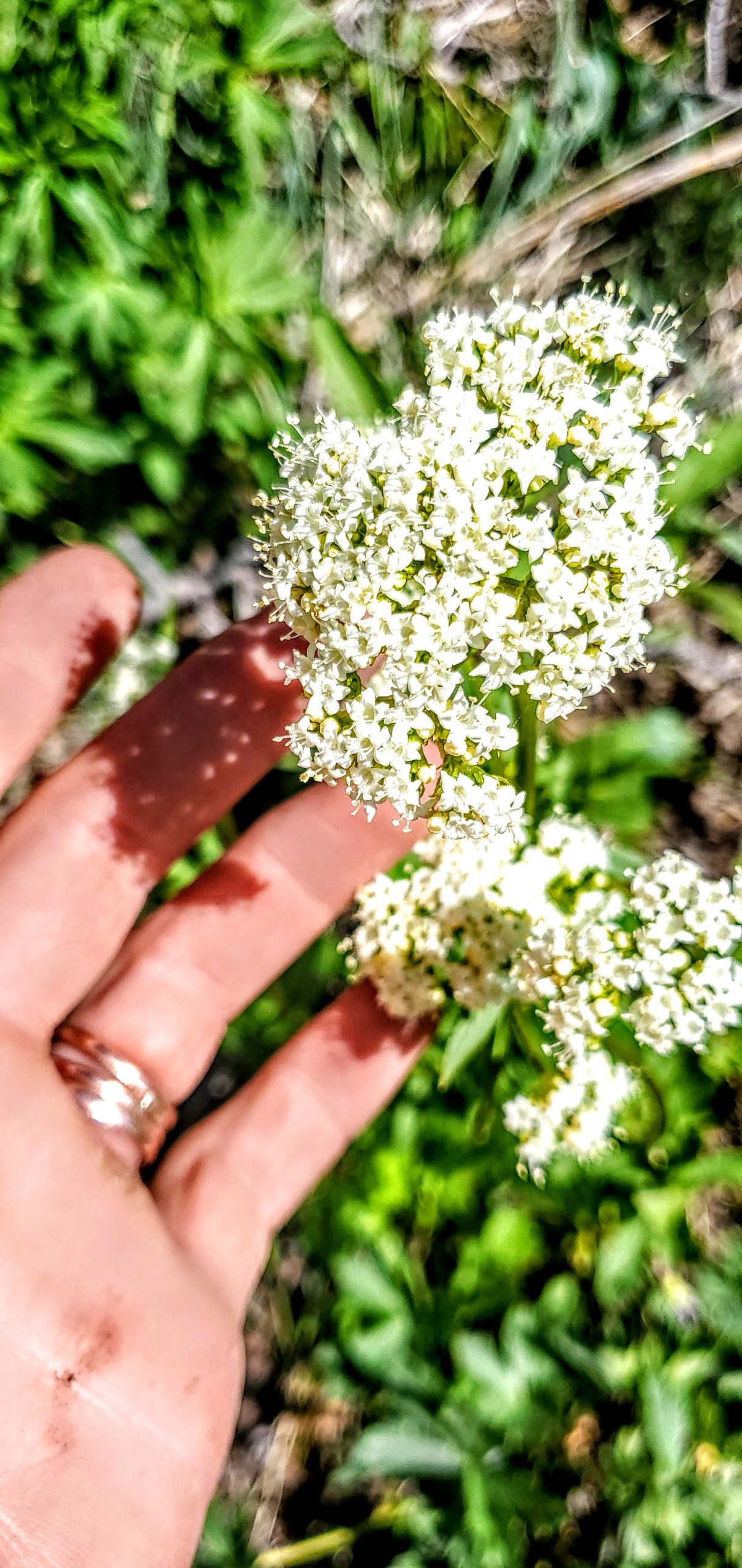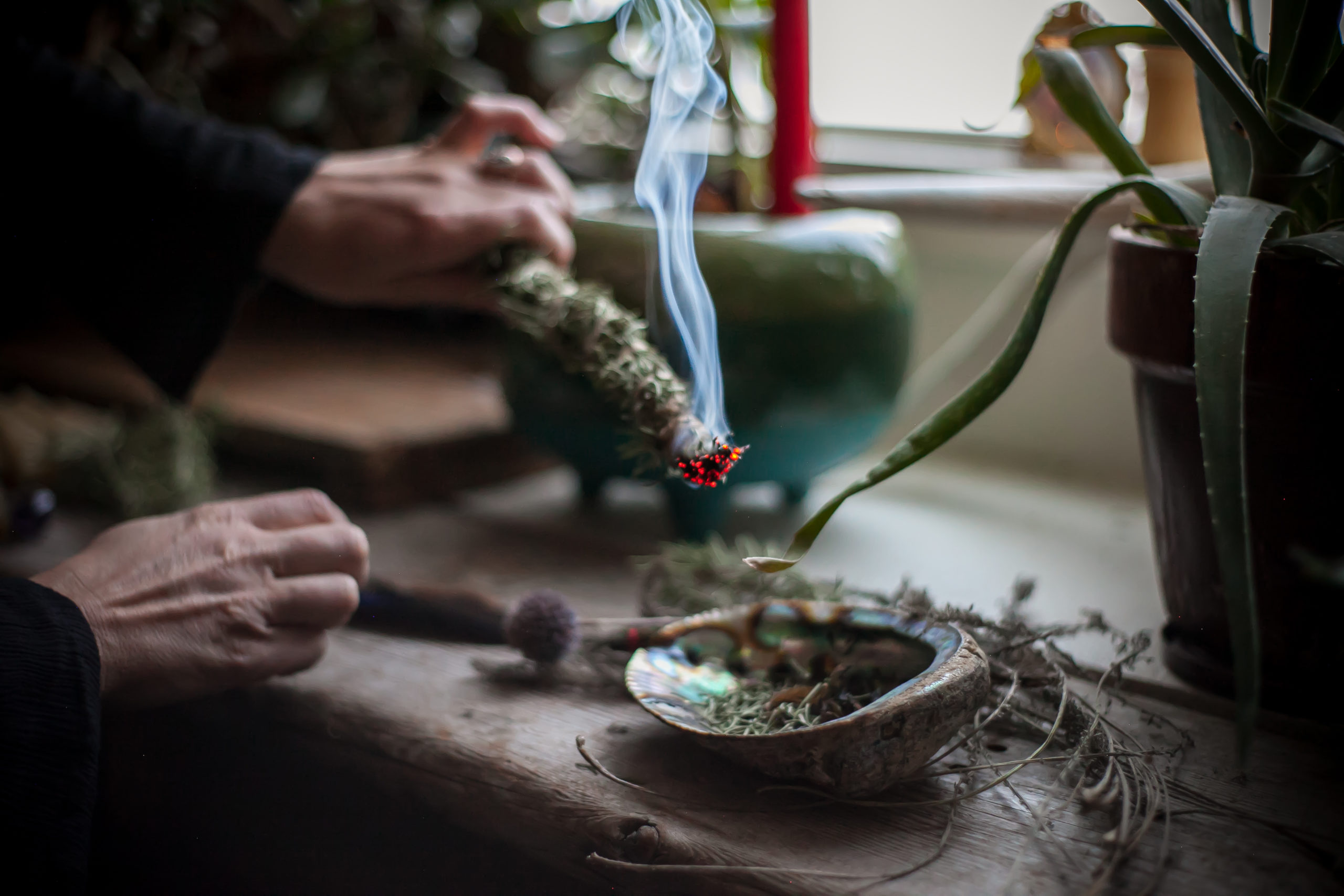We’re told to take vitamin c, quercetin, zinc, and vitamin D this time of year, to increase the efficiency of our immune systems, and steer clear of the colds and flus that circle around our communities.
Vitamin C is a potent water-soluble antioxidant that gives the immune system a boost through its increase in T-cell activity, and possible antibody production. Its effects on the immune system may also be potentially explained through protection against oxidative stress generated during infections.
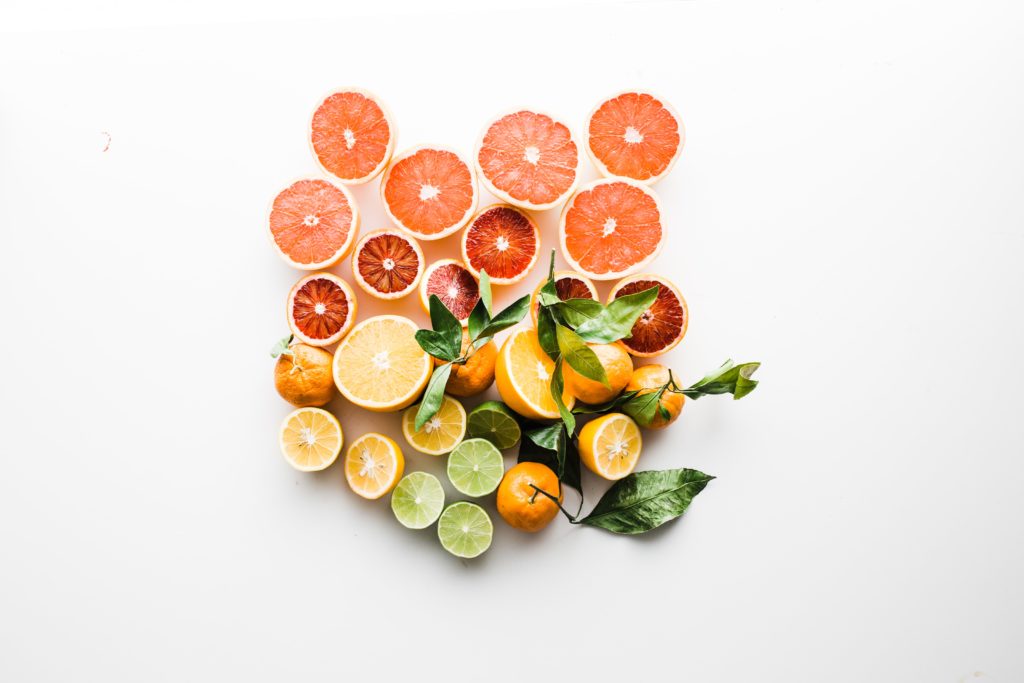
But when you look at a bottle of vitamin c what’s really in it?
Most of the time when you flip over a supplement bottle and read the label, you will see vitamin c in the form of ascorbic acid.
Any of us would assume that this statement is true. But in the case of Ascorbic Acid, are we really consuming true vitamin c?
Exploring what this substance actually is shows us that food made with herbal vitamin c, is really what we want.
Ascorbic acid, while a component of nature made vitamin C, is not giving your body what it needs and some studies show that it isn’t absorbed into the body at all!
To have a strong and effective immune response, real vitamins from food sources are essential. Food made nutrients contain many compounds that create the whole..
Herbal Vitamin C and when found in food contains…
- Rutin
- Bioflavonoids (vitamin P)
- Factor K
- Factor J
- Factor P
- Tyrosinase
- Ascorbinogen
- Ascorbic Acid
Ascorbic Acid in a bottle is, at best, is isolated from nature made Vitamin C, and at worst, made in a lab. Synthetic Ascorbic Acid is only one compound of Herbal Vitamin C, and when isolated does not create the same effects as the true, vitamin C found in nature.
This is the case with many ingredients listed on food like substances and supplements.
The FDA has marketed thousands of ingredients safe for human consumption, but with a little bit of digging, you find petroleum products, chemicals, cleaning products, and waxes, yes the kind of wax you put on your car, to be considered safe. The list goes on and on of what once was a chemical, that then became a food additive.
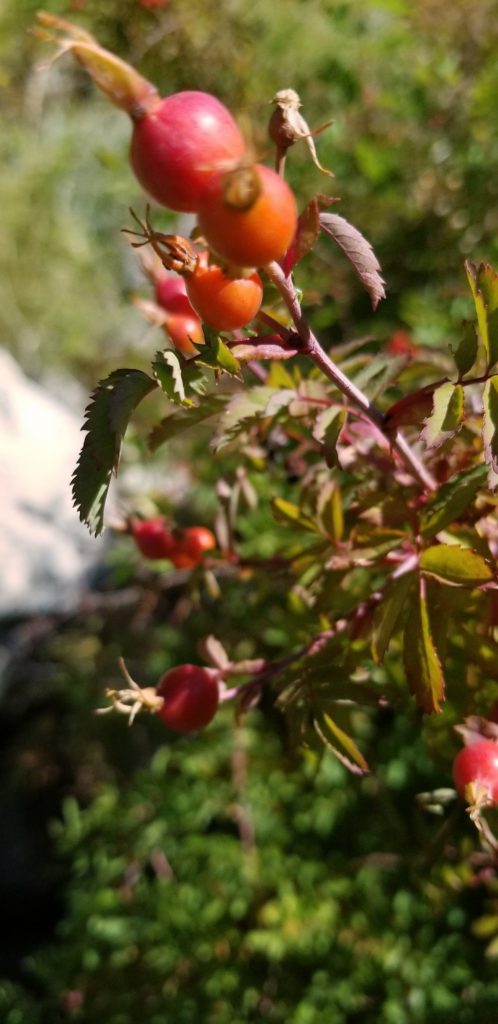
Not only is the solution to understand the lists of ingredients we are ingesting. But to be able to source our nutrients from whole foods and food made extracts. Easy solutions here are to steer away from most capsules, investigate tablets, but most of all, move toward bottled concentrates, herbal tinctures, extracts and knowing your source, just as you would know your farmer, and know your herb farmacy.
We know vitamin c is found in many fruits and vegetables and it is labeled an essential nutrient, because our bodies do not create it internally.
When it comes to products that concentrate herbal vitamin C, knowing that this product is food made will ensure the source is true Vitamin C. This is why it is also key to know your herb farmacy!
I love rose hips for this exact reason. They house massive amounts of vitamin c in a tiny little package.
Rose hips contain 550 mg of vitamin c in one cup, and when they are wild sourced, that dosage can go up 10x. Wild growing conditions stress the plants in the perfect way so that their compounds are concentrated more than cultivated settings. More stress creates much more nutrients!
Because of the solubility of food made of vitamin C, when you ingest 76 mg you are absorbing the entire dose. With Ascorbic acid, the 1200 mg capsules that are on Health Store shelves are mostly lost through your urine.
In Lund and Lieck’s study 29 people were monitored with a treatment of 300 MG of Ascorbic Acid, ingested by mouth and administered intravenously for 10 days. Neither showed any difference in serum levels of Ascorbic Acid. The ascorbic acid was indeed found in the patient’s urine samples.
In their continued studies, treatment with the juice of 10 lemons daily for 10 days proved successful, and the value for the urinary ascorbic acid ultimately indicated that saturation had occurred.
Sourcing our Vitamins from whole foods will get us much further. Because the absorption is 100% in small doses of food sourced Vitamin C, you will be getting the full support to your immune system that this antioxidant has to offer.
Enter Rosehip Oxymel – Enchantment Creek’s delicious Vinegar Honey blend packed with Vitamin C from Wild Rose Hips.
This blend is highly concentrated and fermented over a period of 10 weeks. Fermentation has been shown to increase phytochemicals (plant nutrients and other compounds, including nutrients like vitamin C) by up to 40%.
This Oxymel contains 4 pounds of Rosehips in each batch, you are sure to be getting more than enough of your RDA of vitamin C to have a fully supported immune system.
I make this blend in VERY small batches, it is available at the Farmers Market, where I bring the farmacy to you, follow the link below!
Vinegar is super efficient at extracting water soluble vitamins and minerals from fresh plant material. You can find many other vitamin c rich plant extracts in the best Online Herb Shop, here at Enchantment Creek Apothecary! YOUR Local herb farmacy! See the links below to check them out!
